Music – Listening
Subject Key Objective Progression & Development by Year Groups
The following is a guide to help you understand your child’s progression through school.
All lessons are differentiated. This means teachers plan activities that enable the objective to be learned by all children including those who will find the objective challenging, those children who with hard work will secure good progress and those children who can tackle extra stretch and challenge in this subject.
Intent, Implementation and Impact
The curriculum is designed with our pupils and the Swinemoor community in mind.
It enables children to access and enhance their understanding of their home, their town and the wider community, developing their cultural capital and giving them opportunities and choices about their future and their impact as they progress through their school career and beyond.
This will help them become successful members of modern British society, preparing them for the challenges and opportunities.
MUSIC – Listening

EYFS: “Responds emotionally to music (live or recorded).”
KS1: “Listen with concentration and understanding to a range of high-quality live and recorded music.”
KS2: “Appreciate and understand a wide range of high-quality live and recorded music drawn from different traditions and from great composers and musicians.”
EYFS:
Long (T1)
Smooth (T2)
Lullaby (T3)
KS1:
Dynamics (T3)
Tempo (T3)
Melody (T2)
KS2:
Genre (T2)
Crescendo (T2)
Staccato (T3)
Children may demonstrate an understanding of how to listen and appraise various different styles of music. Children will increasingly develop the vocabulary to describe the inner workings of music and know what questions to ask when listening to music.
Children will reflect, with increasing maturity and accuracy, upon how the understanding of music helps us to understand the greater world around us and how the subtle sounds of life can be enjoyed and interpreted.
Children may understand and recognise different techniques used in different genres of music and some may be able to discuss the musical techniques utilised by different composers over time.
Through the understanding of music, pupils may develop a greater understanding and appreciation of British values and culture helping them to develop a greater appreciation of the world around them.
What will be made, produced, performed, or published?
Children will demonstrate their understanding of listening by regularly analysing music in school assemblies, school show/play rehearsals, annual X-Factor preparations, in school music lessons and choir rehearsals.
Some pupils will achieve a high enough standard to sit a grade exam assessed by the Associated Board of the Royal Schools of Music (ABRSM).
Listening and appraising music is a required aspect of each graded examination.
What knowledge will the children have embedded?
Children will be able to describe how a piece of music makes them feel. Children will have the knowledge to listen and evaluate a range of live and recorded music from different traditions, genres and styles.
Some children will also be able to listen to music in greater depth and analyse the way that the music techniques affect the way in which the music connects to the listener and to improve their own performance.
What retention may be demonstrated?
Here are some example questions that may be used to assess children’s understanding.
EYFS: What does the music make you want to do sleep or dance? Does the music make you feel sad or happy?
KS1: Can you tell me if the music is in any order? What is the pattern of the melody’s pitch?
KS2: What part of the world might this piece of music be from? What is the character of this piece of music and how should it be performed?
Music – Listening – Primary Curriculum
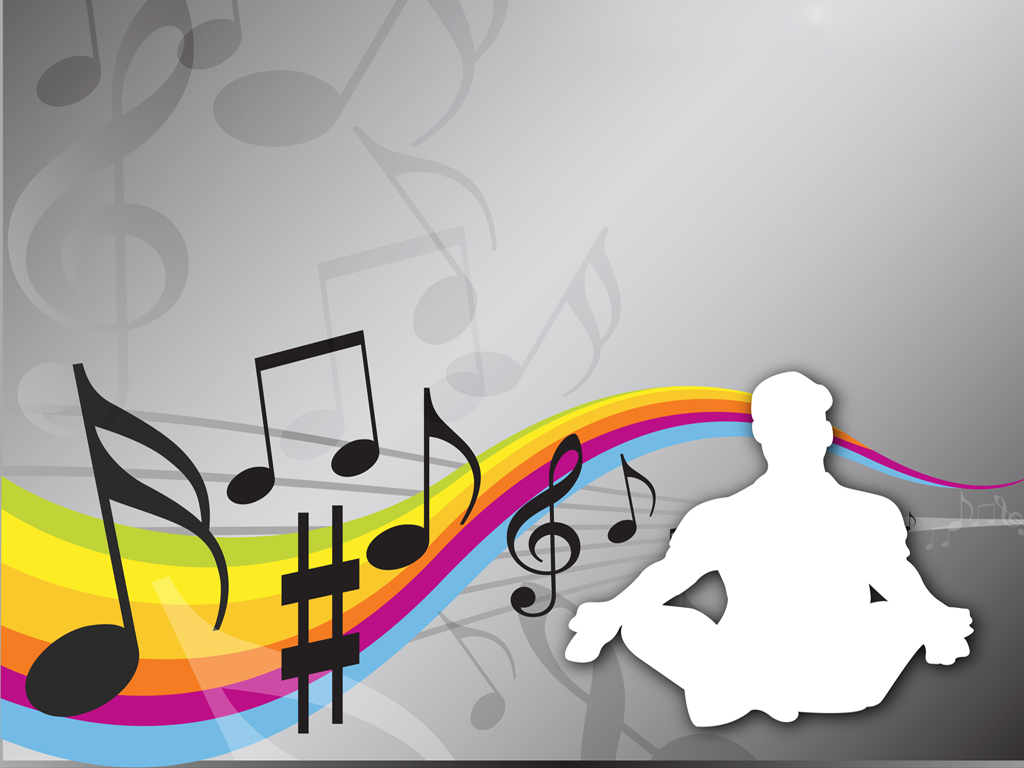
Listening – Foundation stage:
Listen to a range of live and recorded music with enjoyment.
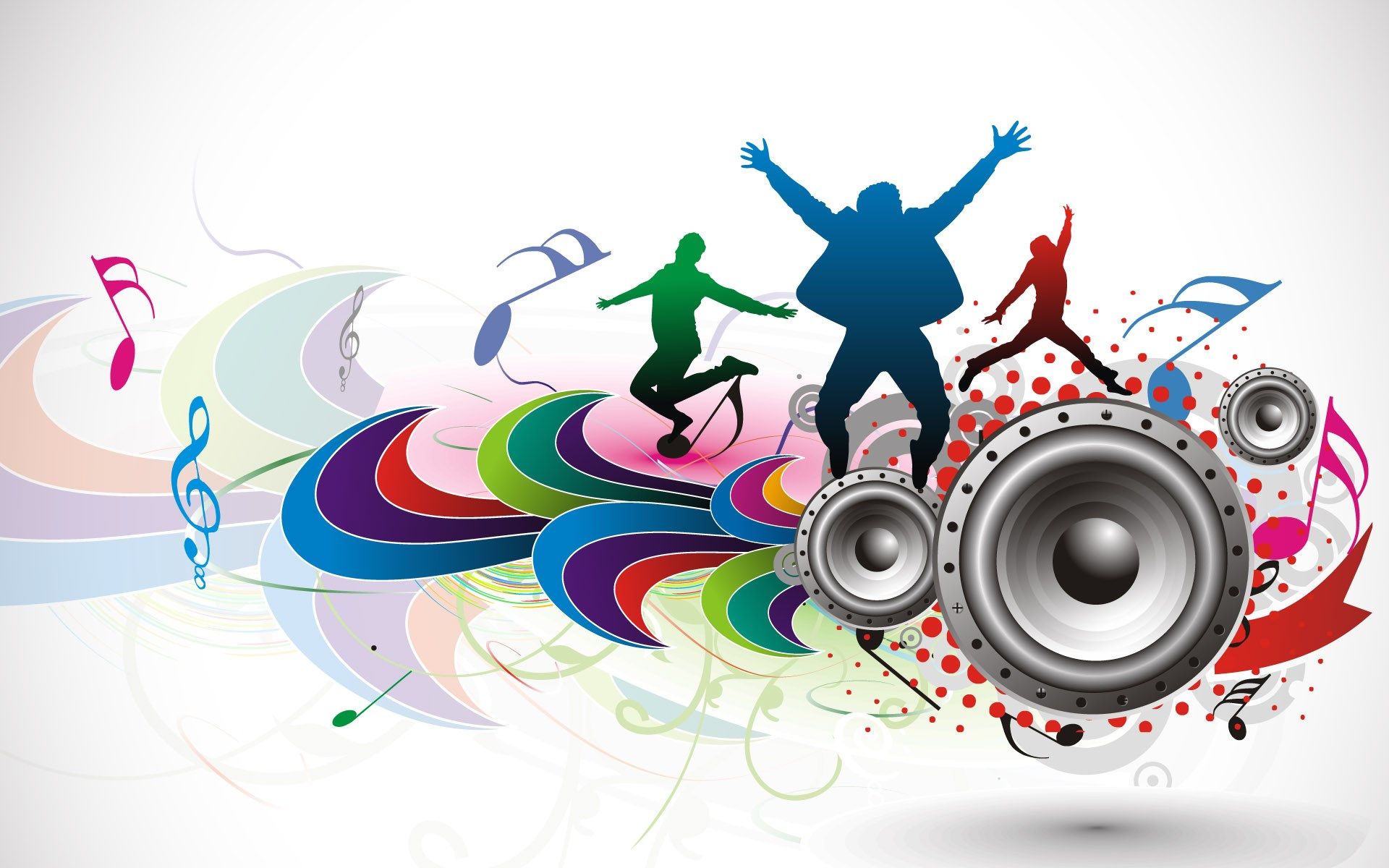
Listening – Year 1:
Listen to a range of live and recorded music with concentration and understanding.

Listening – Year 2:
Listen to a range of live and recorded music with concentration, enjoyment and understanding of simple musical detail.
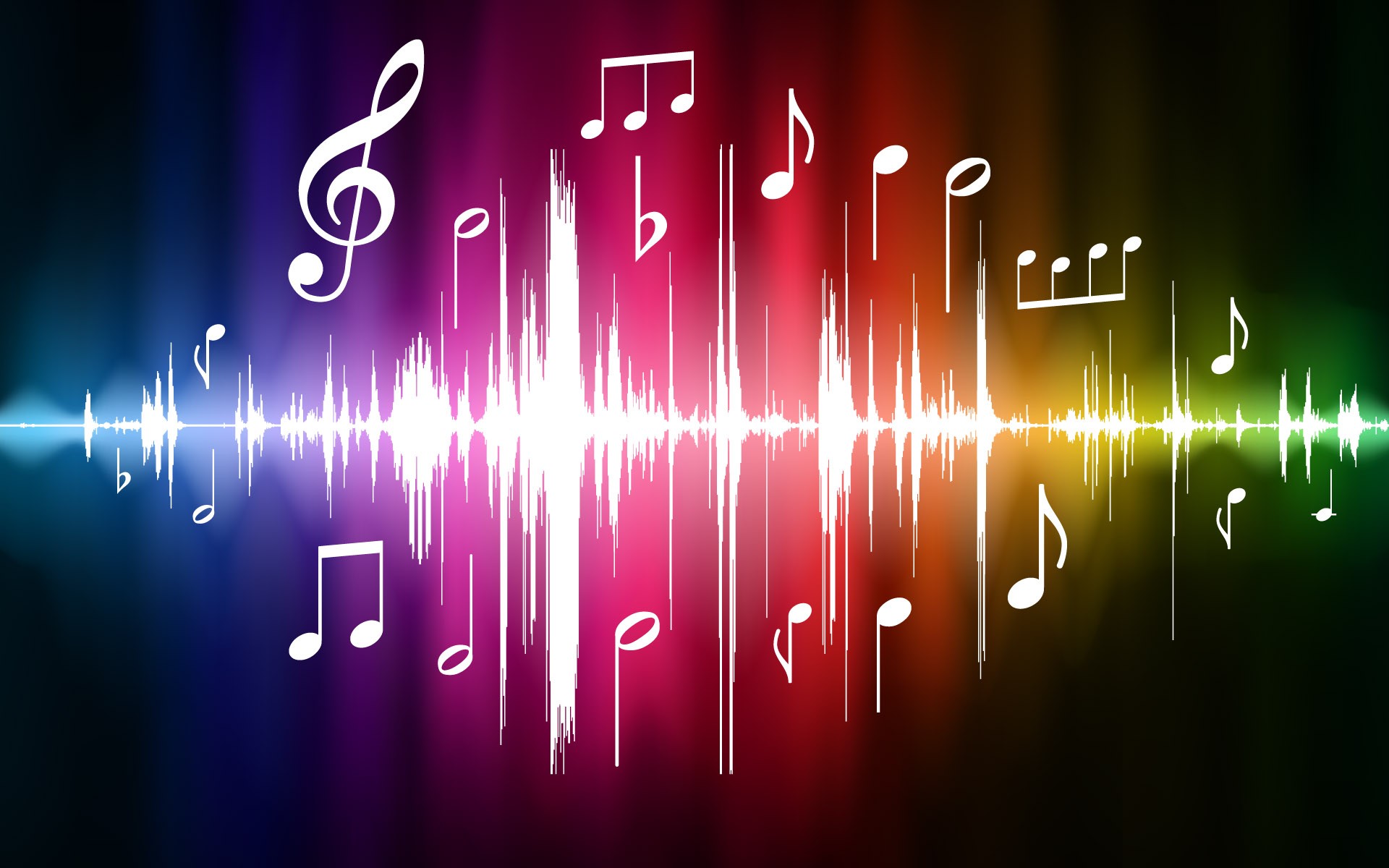
Listening- Year 3:
Listen to a range of live and recorded music with attention to musical detail.

Listening – Year 4:
Listen and evaluate live and recorded music from different traditions and genres showing an understanding of the music’s style.

Listening – Year 5:
Listen and evaluate a range of live and recorded music from different traditions, genres and styles using appropriate musical terminology.
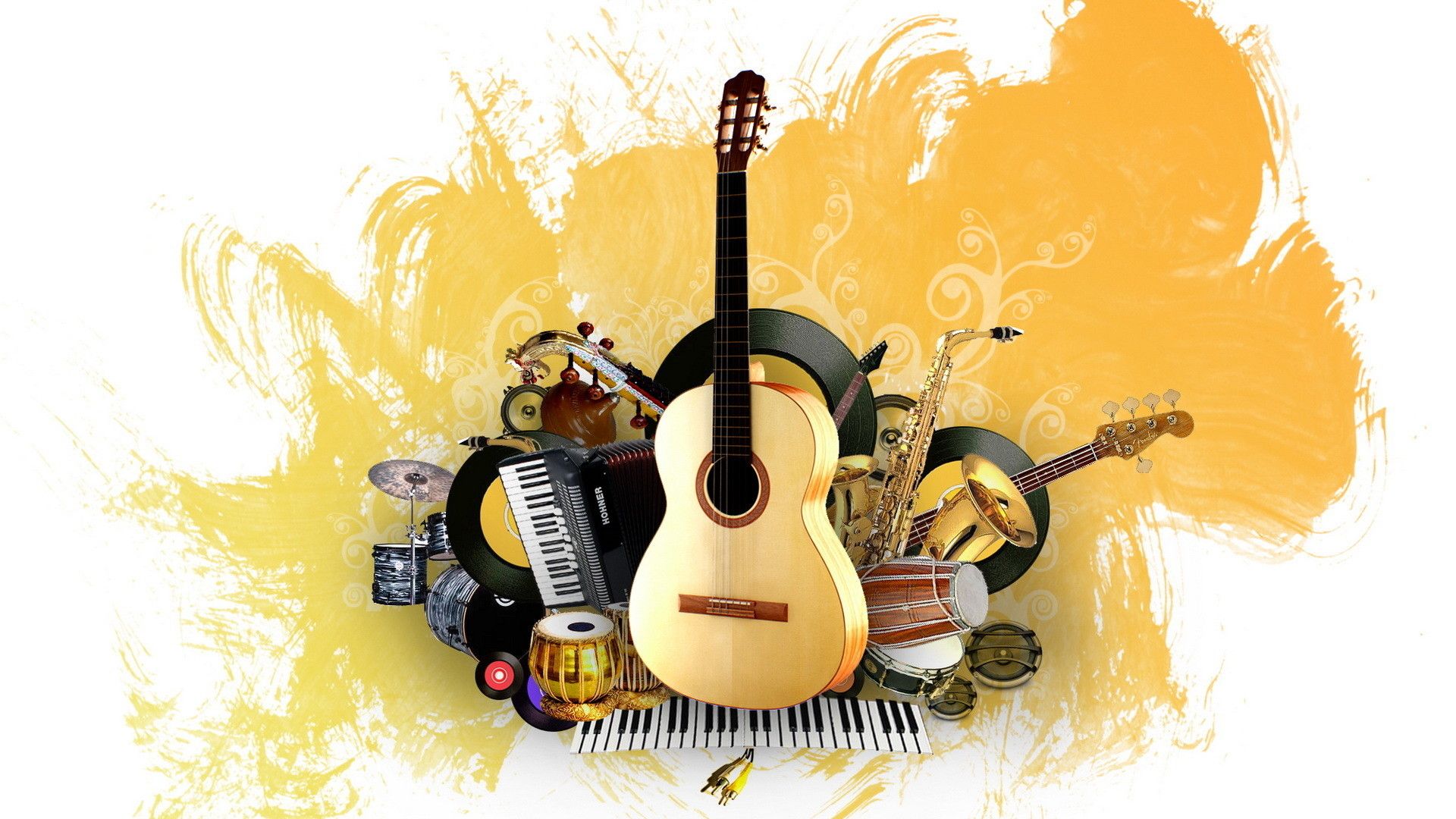
Listening – Year 6:
Listen with appreciation and understanding to a wide range of live and recorded music from different traditions and from great composers and musicians.
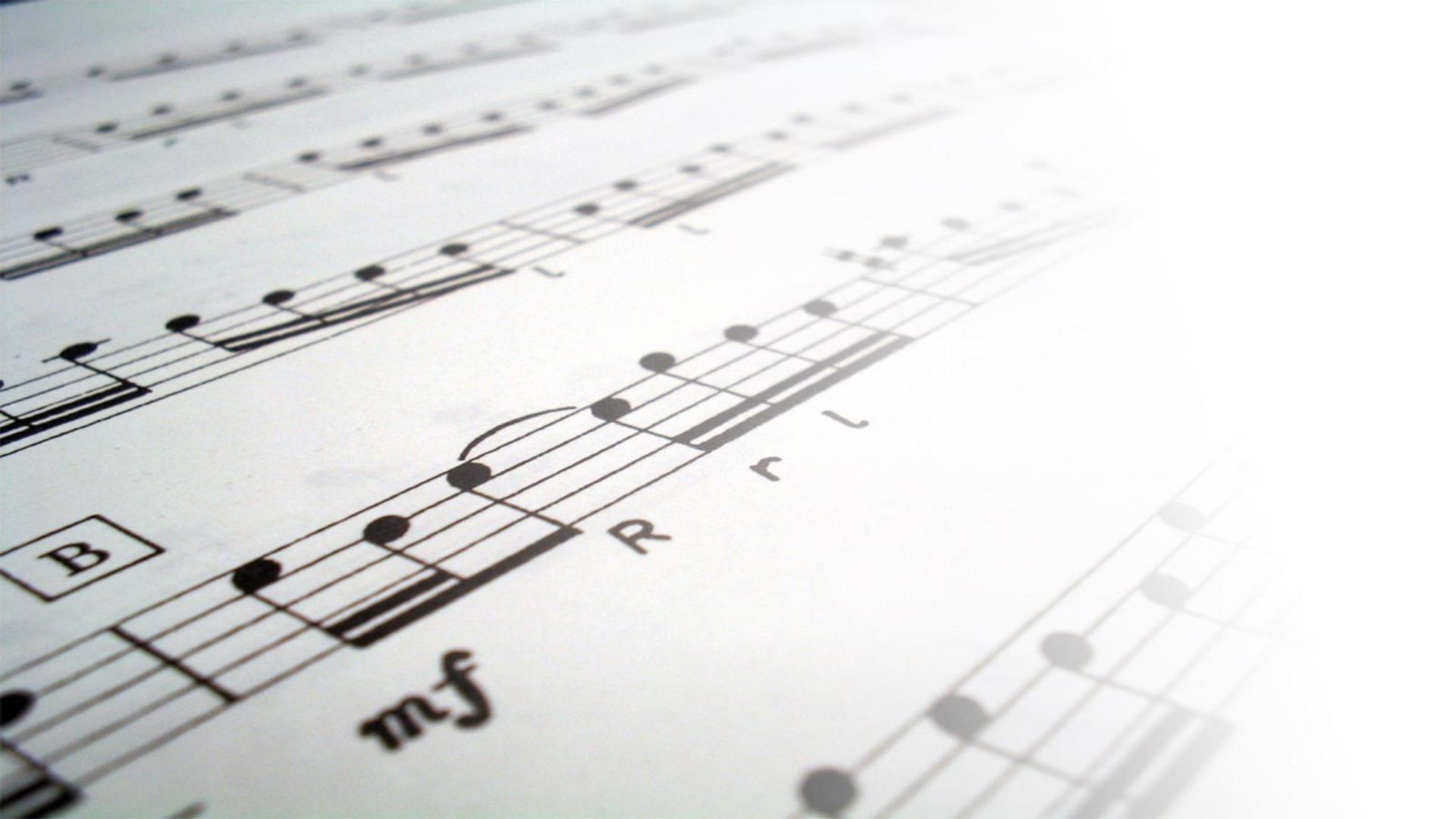
Listening – Mastery:
Listen to music in greater depth, analysing the way that musical techniques affect the way in which the music connects to the emotion of the listener and to improve own performance.

This collection of short films and resources will help you understand your child’s progression through school.
The curriculum film resource has been broken down by subject area initially and then by topic area.


